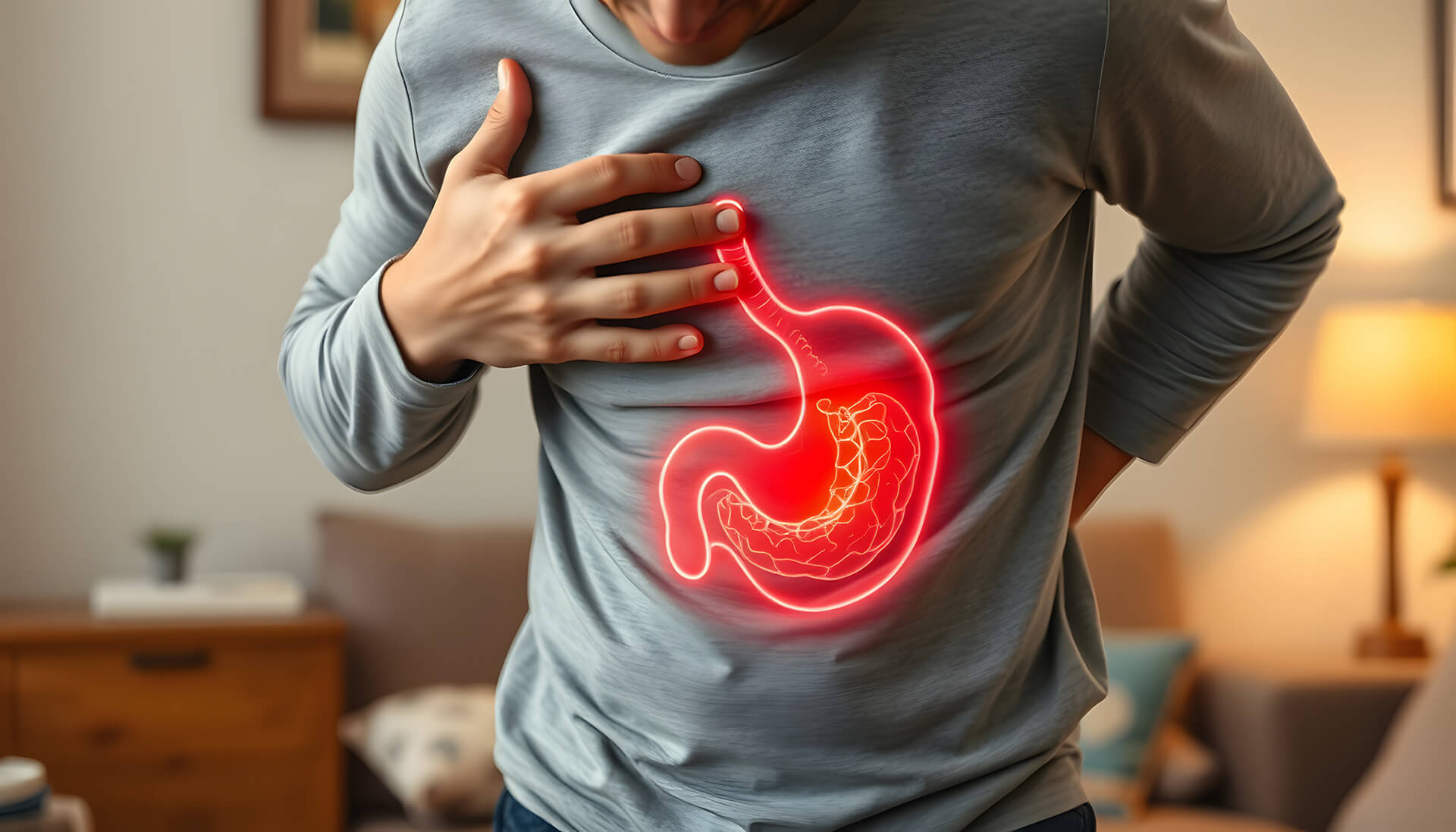Acid reflux and heartburn are common complaints that we have all experienced at one time or another. Most understand that the burning sensation of reflux is a direct result of rising stomach acid. However, there are many other questions to which the answers are not so clear. Here are some of the most frequently asked questions regarding acid reflux, and the answers that patients should know:
What is the difference between heartburn and acid reflux disease?
Heartburn is very common and is experienced by most people from time to time. People who have acid reflux or heartburn more than twice a week are defined as having acid reflux disease, which is also known as gastroesophageal disease or GERD.
What causes acid reflux disease?
Acid reflux is caused by the sphincter at the bottom of the esophagus (the lower esophageal sphincter or LES) failing to close properly, or opening at the wrong time. This can happen because the LES is weaker than it should be. Acid reflux disease can also be caused by a hiatal hernia, in which part of the stomach moves so that it is above the diaphragm. Being overweight can increase the risk of hiatal hernia and GERD. Pregnancy also increases the risk.
How does diet affect acid reflux disease?
Acid reflux is often made worse by the following types of food.
- Foods that are high in fat
- Acidic foods like tomatoes and citrus fruits
- Spicy foods
- Peppermint (mint relaxes the LES)
- Alcohol
- Caffeine
- Chocolate
To reduce acid reflux through diet, avoid the foods listed above, eat small, frequent meals, and do not eat within the three hours before you go to bed. Lying down after eating makes it easier for digestive juices to escape the stomach.
What medications can I use to treat acid reflux disease?
You can relieve the burning sensation caused by acid reflux by taking over-the-counter antacids, such as calcium carbonate tablets (Tums). Antacids neutralize the acid so it is less irritating to the esophagus. However, they are only a temporary solution. Proton pump inhibitors(PPIs) reduce the amount of acid produced by your stomach. You can buy small dosages of some PPIs without a prescription. Your gastroenterologist can prescribe a higher dosage and may tell you to take the tablets on a regular basis.
How should I take PPIs to control acid reflux disease?
Proton pump inhibitors work most effectively when taken every day. The typical directions are to take one pill per day, around half an hour before eating breakfast. You should take your prescribed medication according to the instructions given by your gastroenterologist.
What are the side effects of medications for acid reflux?
Antacids usually contain either calcium or magnesium salts. Calcium can cause constipation and magnesium can cause diarrhea. Taking an antacid that contains both calcium and magnesium can help to prevent these side effects. Most people who take PPIs do not have side effects. However, some people experience nausea, headaches, constipation or diarrhea. Talk to your doctor if you are worried about side effects of PPIs.
Can I take PPIs with other medications?
Avoid taking PPIs at the same time as antacids. Antacids can prevent medications from being absorbed properly. If you need to take both antacids and another medicine, try to space them out by a few hours. If you are prescribed PPIs, you must tell your gastroenterologist if you are taking warfarin (a blood-thinning medication) or phenytroin (for epilepsy). PPIs can interfere with these medications.
What if PPIs don’t work for me?
In most cases, PPIs effectively reduce acid reflux and allow the esophagus to heal. If PPIs are not effective for you, your gastroenterologist might prescribe prokinetics, which encourage your stomach to empty more quickly. In severe cases, surgery may be required to strengthen the LES. Gastroenterology Associates are extensively trained and experienced in the diagnosis of GERD or acid reflux disease. Making an appointment is the first step to getting relief from acid reflux disease. Call (225) 927-1190


